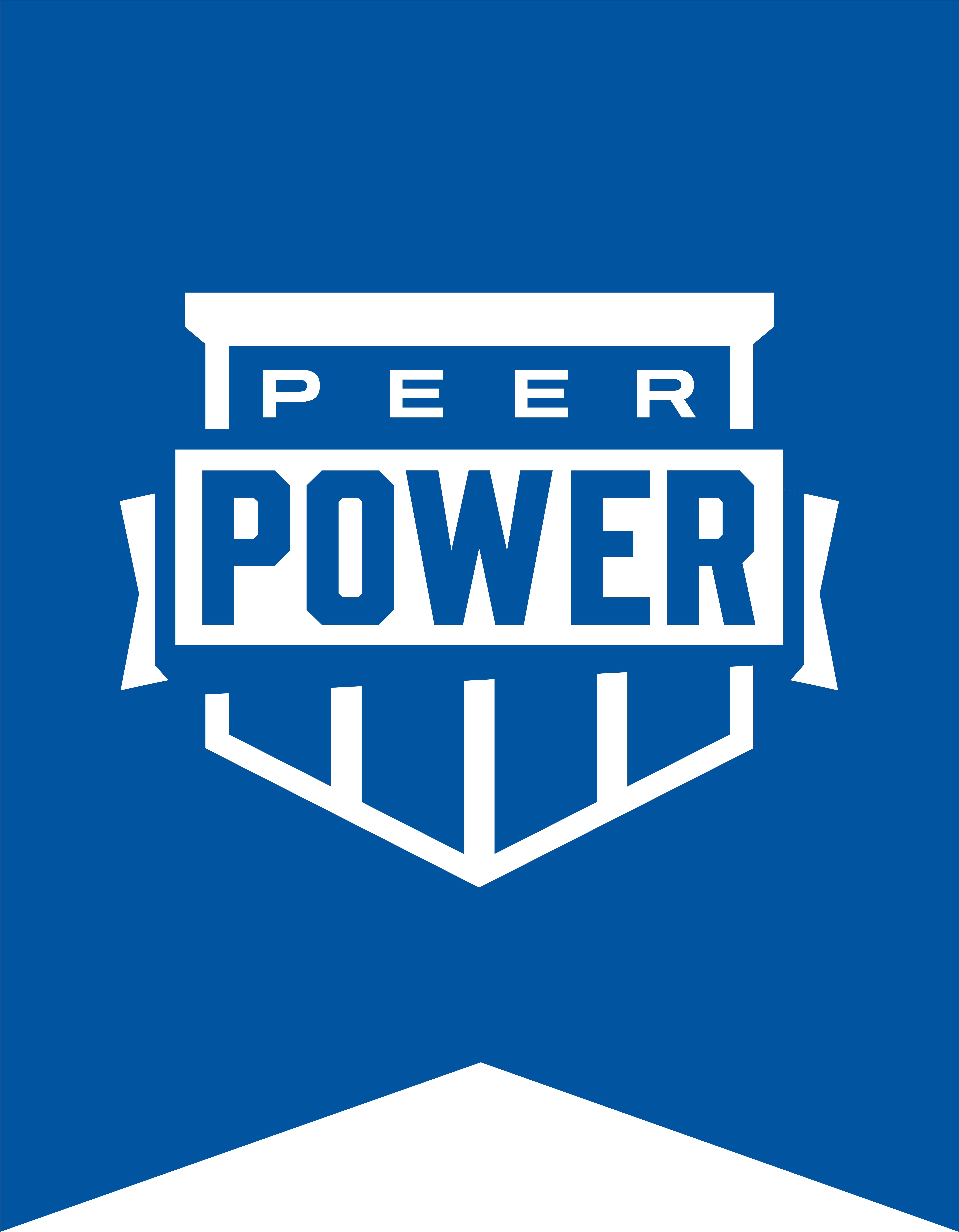When we talk about transforming education, I speak not only as Peer Power’s Lead Operations Officer but as an educator who has witnessed firsthand the challenges our schools face. Having served as Managing Director at KIPP Memphis Public Schools, I’ve seen how limited access to consistent, high-quality academic support can impact student success. This perspective makes me particularly proud to share the remarkable achievements our partner schools have accomplished through Peer Power’s peer-to-peer learning model.
The data validates our approach:
10 out of 14 of our schools achieved the highest state designation for growth and achievement.
Schools like Hamilton High achieved historic growth, becoming a Level 4 school for the first time since 2010, with Ready Graduate rates soaring from 32% to 78%. These numbers represent real students whose futures have been transformed through targeted small-group interventions and strategic test preparation.
Our impact extends beyond academics. Through our workforce development initiatives, students at Melrose High School earned industry credentials while gaining valuable work experience. At Hamilton High, students obtained forklift licenses and masonry certificates, preparing them for immediate career opportunities after graduation.
What makes these achievements even more meaningful is our comprehensive support system. Beyond academic assistance, we’re fostering connections through initiatives like Raleigh-Egypt’s partnership with Howard University’s Alternative Spring Break program, where college students hosted a Black Student Experience panel and collaborated with students on meaningful projects while providing subject-specific tutoring.
As someone who has worked extensively in Memphis education, I’m particularly excited about expanding our reach to include charter schools.
The data speaks volumes:
- Schools with Peer Power have a 10% higher graduation rate than schools without Peer Power
- Success Coaches graduate at a 40% higher rate than their peers.
What makes me particularly hopeful is seeing how our peer-to-peer model creates a ripple effect throughout the entire educational community. When our Success Coaches work with students, they’re not just helping with academics; they’re building relationships and creating a culture of achievement that extends far beyond the classroom walls. This “Peer Power Effect” lifts everyone – the students receiving support, the Success Coaches providing it, and the entire school community.
I want to give a personal shout-out to our Lead Program Director, Danielle Nelson and our team of Program Directors who are leading the Success Coaches who are making an impact in the classroom every day:
Danielle Nelson
Marlon Ross
Lama Albonni
Sylvia Barnes
Rudy Gray
Le Marquee La Flora
Jalen Washington
These transformative leaders are the reason Peer Power is seeing such magnificent results. I’m very thankful to have this team by my side to support scholar success, right here in my city, Memphis, TN.
Kelly Henderson
Lead Operations Officer
Peer Power Foundation


